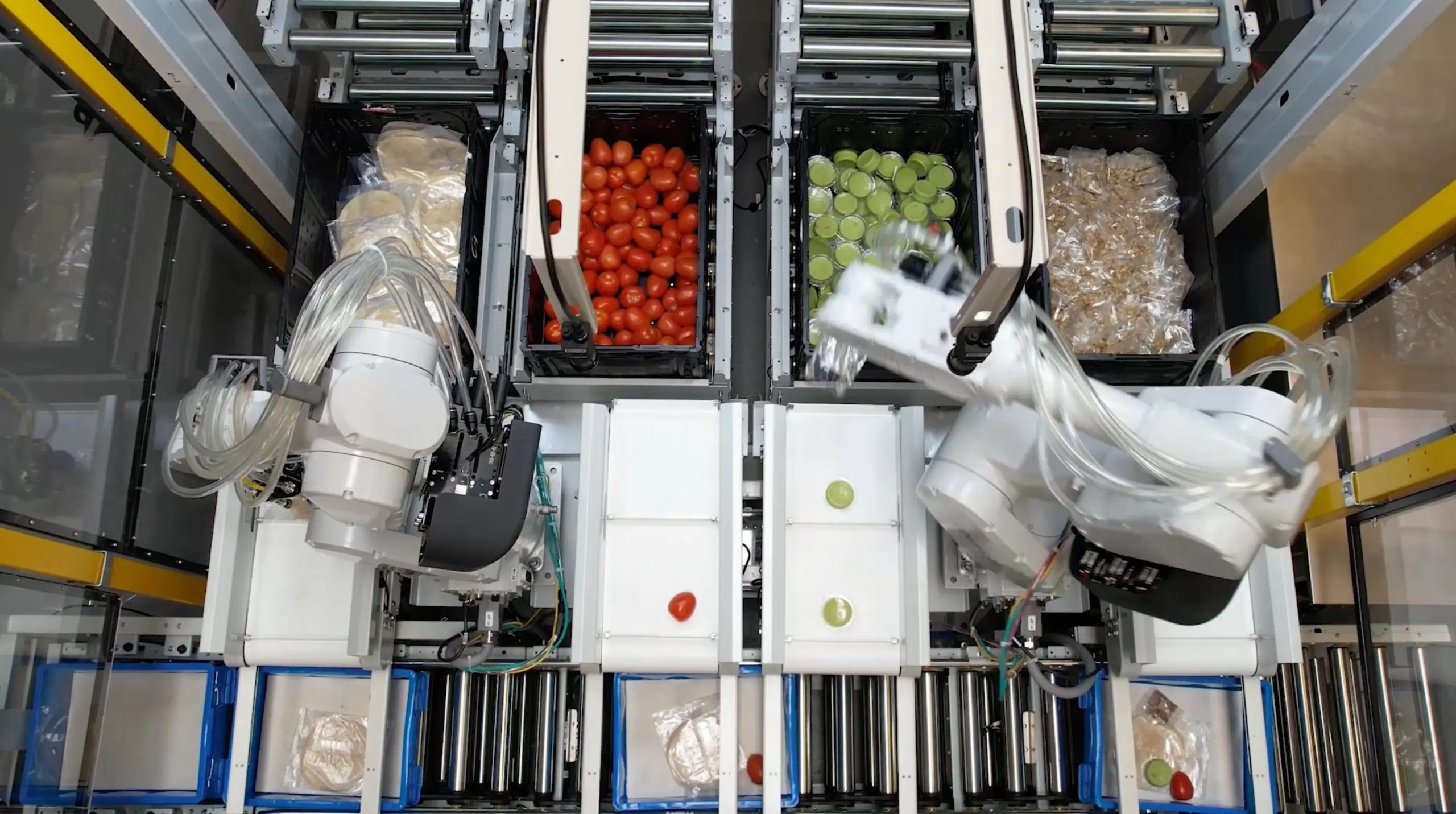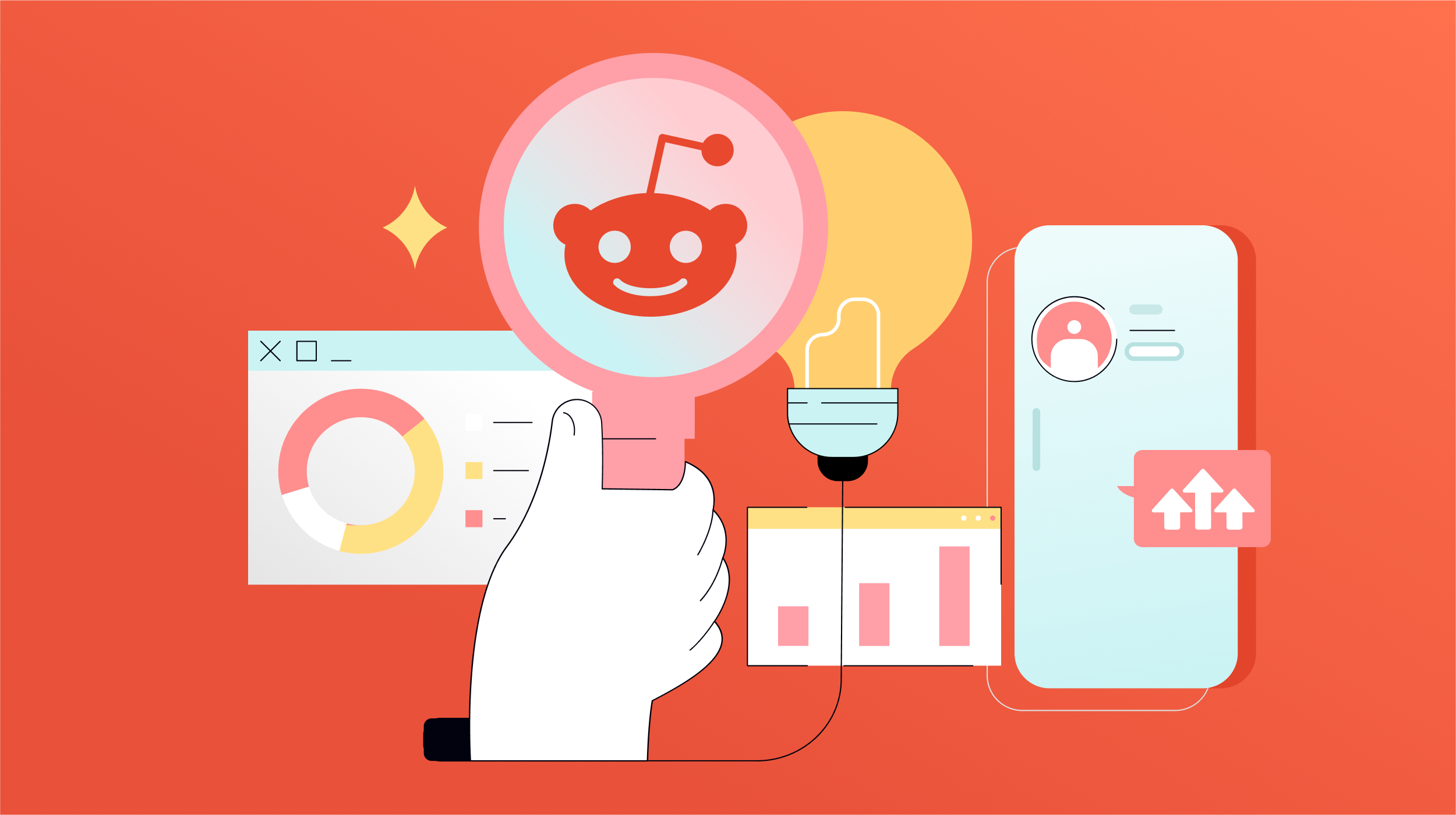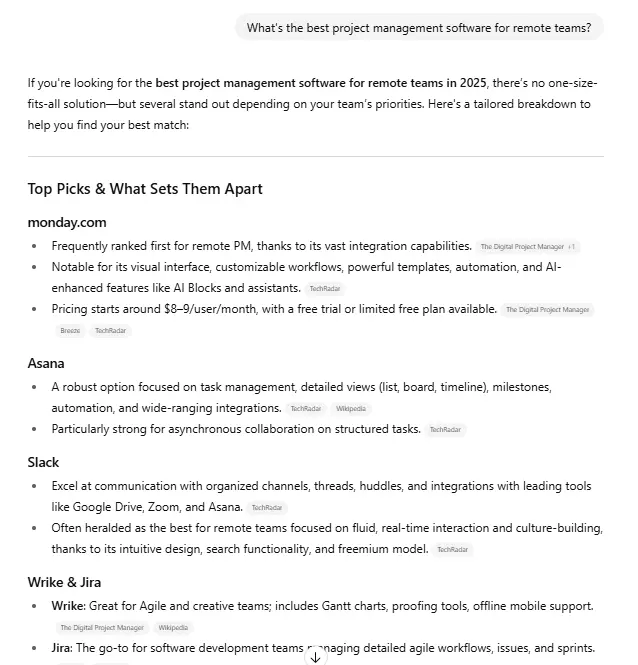AI-powered robot maker Covariant debuts RFM-1, a ‘robot language’
Covariant has announced the launch of an artificial intelligence (AI) program with a difference, described as what is “basically a… Continue reading AI-powered robot maker Covariant debuts RFM-1, a ‘robot language’ The post AI-powered robot maker Covariant debuts RFM-1,...

Covariant has announced the launch of an artificial intelligence (AI) program with a difference, described as what is “basically a large language model (LLM), but for robot language.”
Peter Chen, co-founder and CEO of the Berkeley, California-based company spoke to TechCrunch to introduce RFM-1, and the aim of “giving robots human-like reasoning capabilities.”
A press release detailed the full development of the foundation model which Covariant wants to utilize to deliver the next phase of robotics beyond carrying out fairly basic, repeated tasks.
RFM-1 has been delivered thanks to a vast collection of data gathered from Covariant’s Brain AI program, which has been harnessed with customer consent to build up a ChatGPT for robots.
“The vision of RFM-1 is to power the billions of robots to come,” said Chen.
“We at Covariant have already deployed lots of robots at warehouses with success, but that is not the limit of where we want to get to. We really want to power robots in manufacturing, food processing, recycling, agriculture, the service industry and even into people’s homes.”
Very excited to share what our research team at Covariant has been working on: RFM-1, our latest Robotics Foundation Model. Built on top of high-quality multimodal data the Covariant robotics fleet has collected over the years, this project embodies our commitment to pushing the… pic.twitter.com/RoVh55BVKR
— Rocky Duan (@rocky_duan) March 11, 2024
Will human job functions be impacted?
With human-like reasoning, comes risks to human functions. There will be significant challenges to come, in line with the advances of AI. If robots are to be scaled up for human job roles like those listed above, companies like Covariant will need to be part of the conversation as to how the human workforce can be upskilled and prepared for a different future.
Chen tried to allay fears on just what is meant by human-like reasoning, in this instance it’s the ability of the robots to process real-time information and choose the best course of action for the relevant task.
The CEO tempered that his firm is not quite at the stage they are ultimately aiming for.
“We do like a lot of the work that is happening in the more general-purpose robot hardware space,” Chen explained.
“Coupling the intelligence inflexion point with the hardware inflexion point is where we will see even more explosion of robot applications but a lot of those are not fully there yet, especially on the hardware side. It’s very hard to go beyond the staged video. How many people have interacted with a humanoid in person? That tells you the degree of maturity.”
Image credit: Covariant.AI

 Koichiko
Koichiko 































